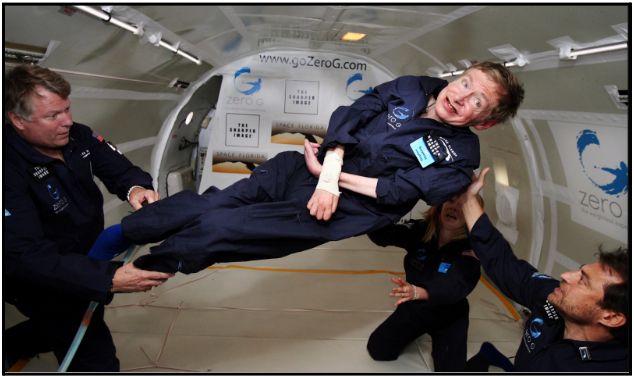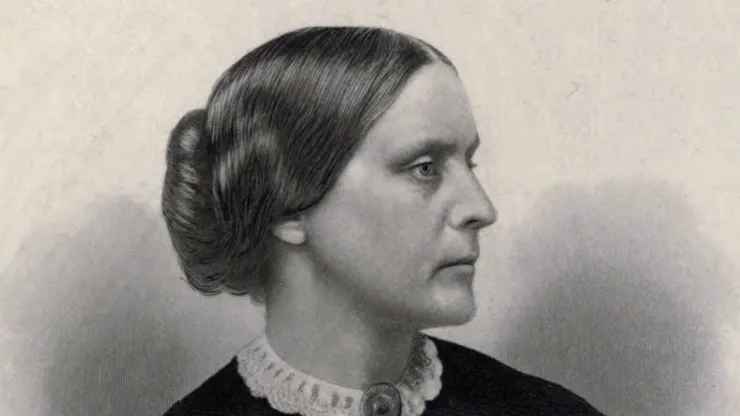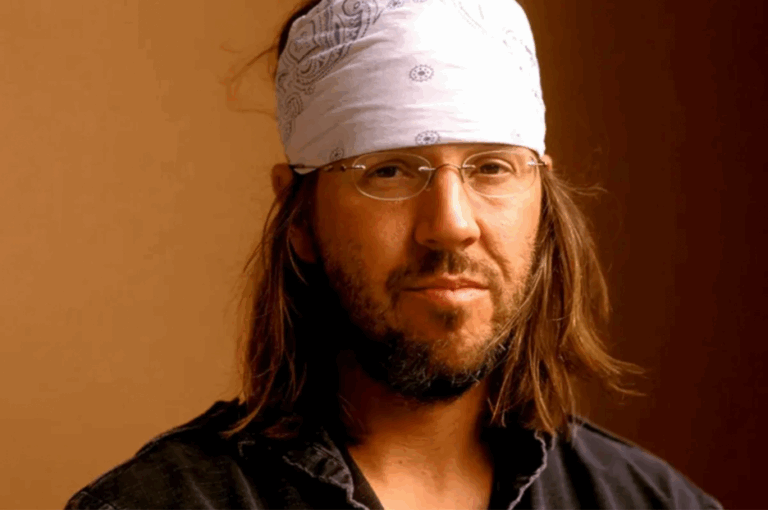Talking Big Ideas.
“Changing your mind should be celebrated.”
~ Lex Fridman
Paul Ehrlich is in the news again.
The once-revered biologist is famous for more than a half century of failed doomsday predictions – and infamous for refusing to change his mind despite overwhelming evidence showing he’s wrong.
He predicted hundreds of millions of people would starve to death in the 1970s and 1980s. He assured us “all important animal life in the sea” would be dead by 1980. And by 2000 the United States would have less than 23 million people while England may not even exist.
Ehrlich argued that the U.S. government should imprison parents that have lots of kids, and “the mother of the year should be a sterilized woman with two adopted children.”
Despite all of this, the network TV show 60 Minutes began 2023 by giving Ehrlich their platform to spread more false gloom.
When his critics went viral online, Ehrlich dug in his heels and continued to deny he’s made any “basic mistakes.”
I like to compare him to Stephen Hawking.
For 30 years Hawking studied black holes and argued nothing can escape them. Other scientists said he was wrong. And when they presented him with good evidence, Hawking publicly changed his mind and declared his critics correct.
Hawking admitted his errors continuously throughout his life, changing his mind right up to when he died.
How willing is a person to change their mind after considering compelling evidence? We can plot Ehrlich and Hawking on opposite sides of a spectrum:

Both Ehrlich and Hawking lost famous public bets about prominent ideas they each held dear.
Ehrlich responded to his loss by saying “The bet doesn’t mean anything.” By contrast, Hawking highlighted that he lost his bet in his classic book A Brief History of Time:
[T]here is now so much other observational evidence . . . that I have conceded the bet. I paid the specified penalty. . . .
Hawking followed the path of Albert Einstein, who publicly changed his mind about a core aspect of his understanding of the universe. Einstein “listened to the evidence [and] admitted his error.”
Another way of looking at the Ehrlich-Hawking Spectrum:

Science embraces error. Dogma forbids it.
The truth is, we all tend to pull towards the dogma side. We don’t like being wrong and we struggle to admit it. We live in bubbles that reinforce our worldviews and often refuse to consider or believe contrary ideas.
Our ability to rise above dogma is how we grow as individuals. And how we grow as a species.
Consider how our ancestors thought. David Wootten writes in The Invention of Science about a typical educated English person from the early 1600s, before the Scientific Revolution:
He believes he can summon up storms that sink ships at sea. . . . He believes in werewolves. . . . He believes mice are spontaneously generated in piles of straw. . . . He believes that it is possible to turn base metal into gold . . . that comets portend evil . . . that dreams predict the future . . . that the earth stands still and the sun and stars turn around the earth.
Just a few generations later educated people believed none of these things.
The publication of one popular book on witchcraft published in the Middle Ages created a frenzy that led to the persecution and death of up to a million innocent people feared to be witches.
Thankfully, we’ve grown as a people by changing our minds. Adjusting course based on new information is the path for all progress in our universe. From engineering to biology to ideas and skill development. The more we embrace feedback and iterate, the more we learn and grow.
The philosopher Karl Popper famously taught that good scientists actively seek out criticism. They’re eager to find mistakes and willing to change their minds based on evidence. Being wrong is great – provided we admit it and make adjustments.
I was listening to Peter Attia interview Layne Norton this past week. Peter is one of the nation’s leading medical doctors, and Layne just won another world championship in powerlifting.
It was so refreshing to hear them talk openly about how often they’re wrong. Peter asked Layne to think about three things he changed his mind on over the past year. Layne quickly had a list ready to discuss.
We should channel our inner scientists and follow their lead. As the Pulitizer-winning author Kathryn Schulz writes in her book Being Wrong:
[W]e are wrong about what it means to be wrong. Far from being a sign of intellectual inferiority, the capacity to err is crucial to human cognition. . . . wrongness is a vital part of how we learn and change. Thanks to error, we can revise our understanding of ourselves and amend our ideas about the world.
This year, let’s strive to be more open minded. Let’s seek out feedback to learn and grow – and embrace our errors whenever the evidence calls for it.
![]() IDEA
IDEA
Be like Hawking. Not Ehrlich.
A couple weeks ago I shared ten things I changed my mind about in 2022. What is something you admit to being wrong about?
***
For more like this:
Cheers,
Bob
(For a deep dive on the recent Ehrlich dust up, Noah Smith did a fantastic job with visuals at his Substack.)
If you find this useful, please subscribe to our free weekly newsletter.





